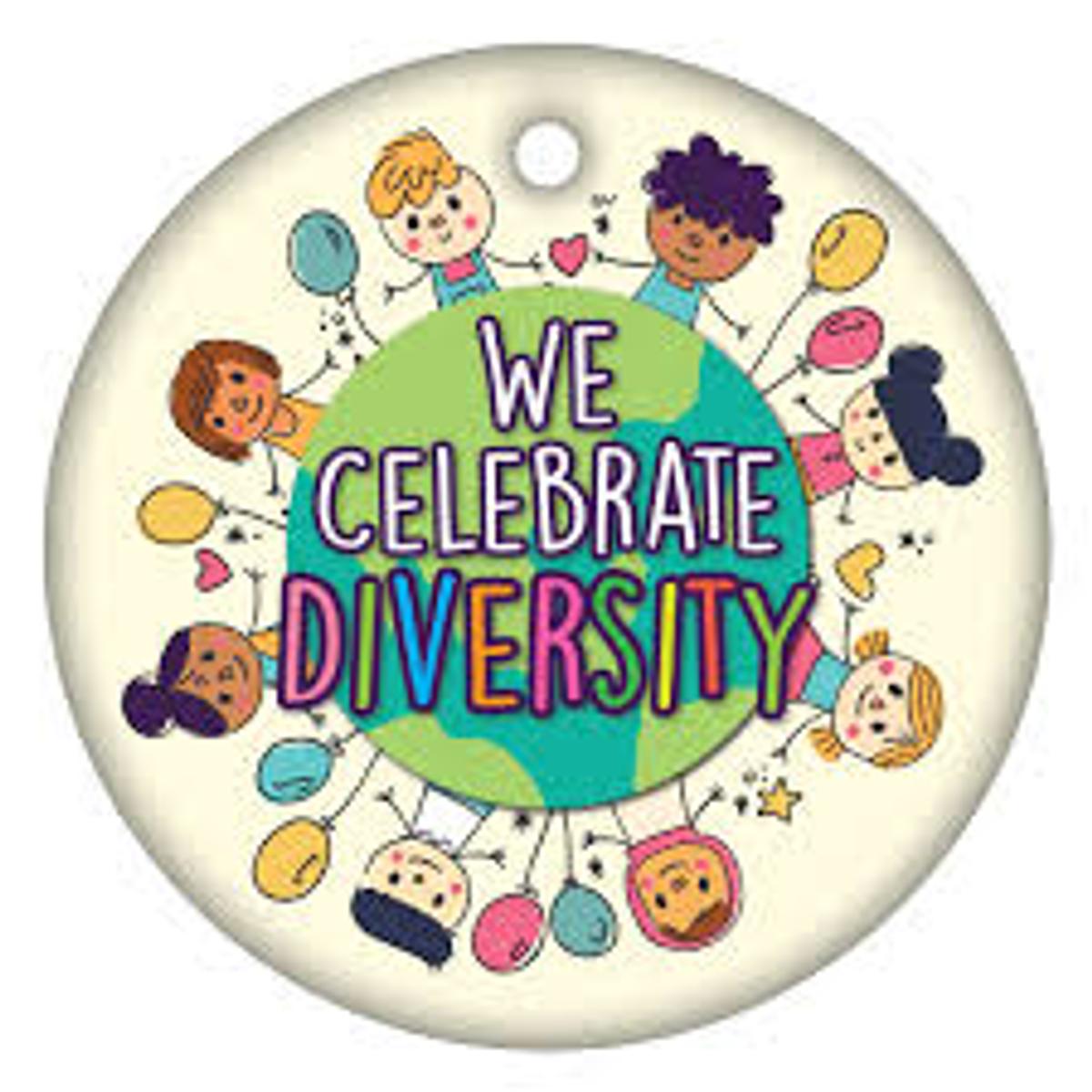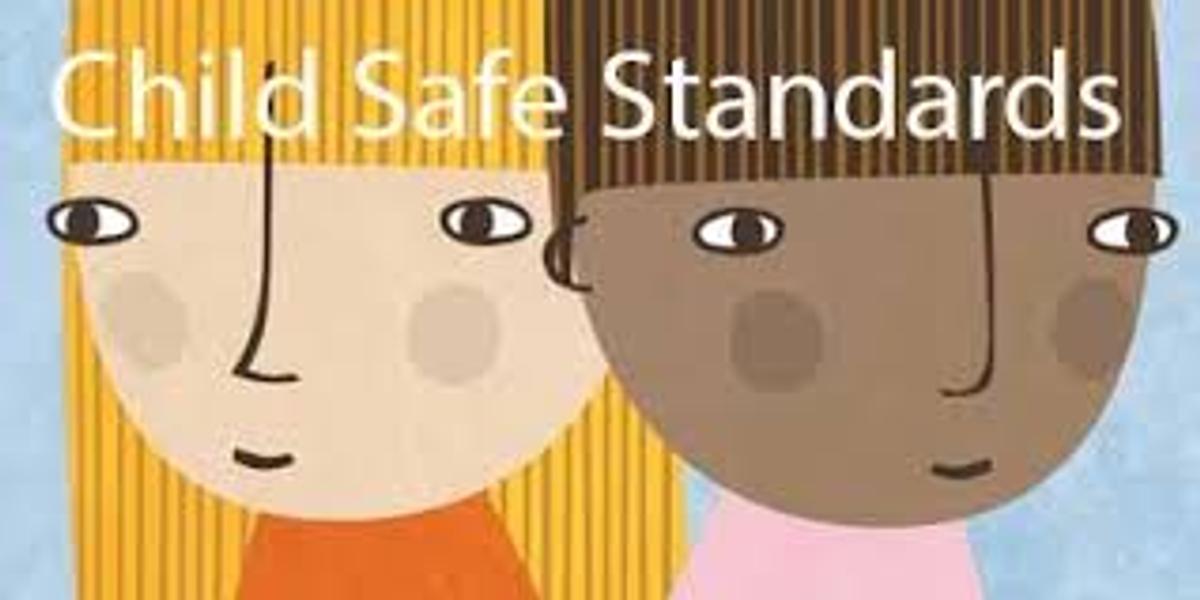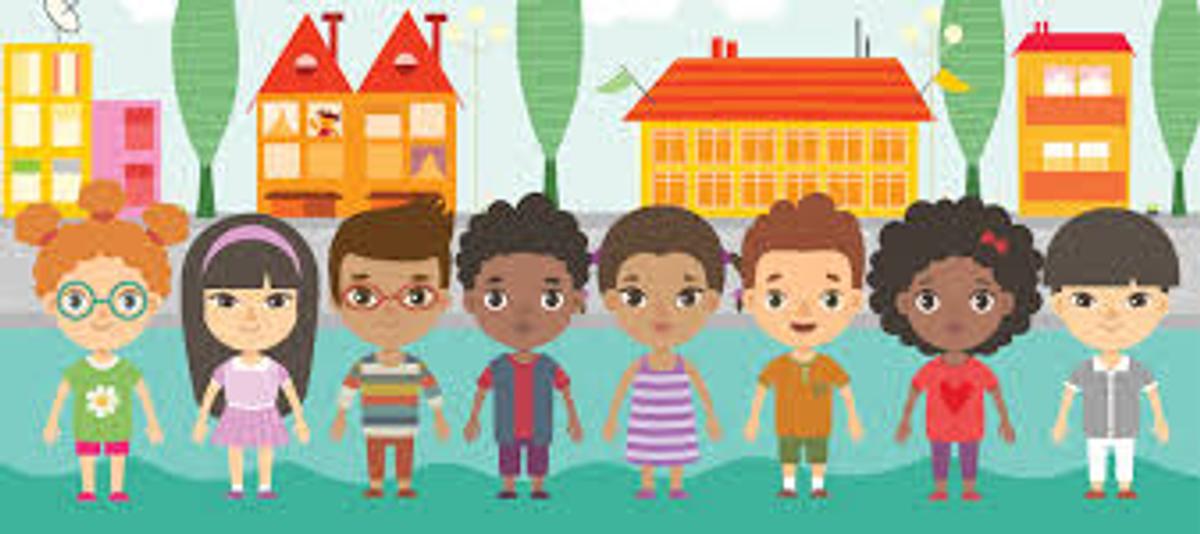Wellbeing

A message from Emily Murcott - Assistant Principal / Wellbeing Literacy Leader
Celebrating Diversity: Nurturing Every Student, Every Ability
In the vibrant tapestry of our school community, diversity is not just a word; it's a value we cherish and celebrate every day. As we continue our journey towards inclusivity, it's crucial to acknowledge and embrace the unique abilities and challenges that each student brings to our learning environment. Today, we shine a spotlight on the importance of nurturing students with disabilities and fostering an inclusive atmosphere where every individual can thrive.
Embracing Differences:
Diversity encompasses a wide spectrum of characteristics, including race, ethnicity, gender, socio-economic status, and abilities. Among these, the inclusion of students with disabilities is paramount. Each student, regardless of their abilities, brings a wealth of experiences, perspectives, and talents to our school community. By embracing these differences, we create a richer learning environment where everyone benefits.
Creating Inclusive Spaces:
Building an inclusive school culture starts with creating physical and emotional spaces where every student feels valued and supported. This means providing accessible facilities, such as ramps and if needed elevators, and ensuring that classroom materials and technologies are adaptable to meet the needs of all learners. Additionally, fostering a culture of empathy and understanding among students and staff is essential. By promoting kindness, respect, and open communication, we create a safe and welcoming environment where everyone can thrive.
Supporting Individual Needs:
Recognising and addressing the diverse needs of students with disabilities is crucial for their academic and personal growth. This requires a collaborative approach involving teachers, parents, support staff, and external resources. Individualised Education Plans (IEPs) play a pivotal role in tailoring instruction to meet the unique needs of each student. By providing personalised support, accommodations, and modifications, we empower students to reach their full potential and achieve academic success.
Promoting Equity and Access:
Equity goes beyond equality—it's about ensuring that every student has equitable access to opportunities and resources. This means removing barriers to learning and participation, whether they are physical, social, or systemic. By advocating for inclusive policies and practices, we promote equity and create a level playing field where all students can thrive, regardless of their abilities.
Celebrating Achievements:
Every milestone, no matter how big or small, deserves to be celebrated. Whether it's mastering a new skill, making a new friend, or overcoming a challenge, each achievement represents progress and growth. By recognising and celebrating the accomplishments of students with disabilities, we send a powerful message of inclusion and acceptance, fostering a sense of pride and belonging within our school community.
Moving Forward Together:
As we continue on our journey towards inclusivity, let us reaffirm our commitment to nurturing every student, every ability. By embracing diversity, creating inclusive spaces, supporting individual needs, promoting equity and access, and celebrating achievements, we can build a stronger, more vibrant community where everyone belongs.
Together, let us champion diversity and create a brighter future for all.
Child Safe Standards
Towards the end of term 1 we celebrated Harmony day, I thought it was fitting to add some information in our newsletter about belonging and feeling safe in your current environments. As we are reviewing our Child Safe Standards at Rolling Hills Primary School and we are undertaking our 4 yearly review, it is a great opportunity to highlight this information to families. Today, I will be sharing information with you about what your child can do if someone is hurting them or their friends are making them feel unsafe. It would be amazing if you could please share the following information with your child/ren.
What are your rights?
- Everyone has the right to feel safe and be protected.
- No one is allowed to threaten you, hurt you or touch you in a way that makes you feel uncomfortable.
- No one should behave in a way that makes you feel unsafe or afraid, including anyone in your family, anyone at school or anywhere else in the community.
How do I know if something is wrong?
- Every relationship should be respectful.
- It is wrong for anyone to hurt you or make you feel unsafe, uncomfortable or afraid.
- Remember a person doesn’t have to physically hurt or touch you to be doing the wrong thing.
- Even if you are not sure, if something doesn’t feel right you should tell an adult who can help you.
What should I do if I feel unsafe?
- Tell an adult you trust – telling someone won’t get you in trouble.
- If you feel threatened, unsafe, or if you feel uncomfortable about how someone is touching you, talking to you, or treating you, you should tell a trusted adult.
- You can tell a teacher or any adult at your school. They will be able to help you.
- You can also tell your parent, carer, or any family member or adult you trust.
- Even if the person who is making you feel like this has asked you not to tell anyone, you should still talk to an adult. It is more important that you are safe and protected.
What should I do if I am worried that someone I know is unsafe?
- Tell an adult you trust.
- You can tell a teacher or any adult at your school.
- They will be able help your friend or the person you are worried about.
- You can also tell your parent, carer, or any family member or adult that you trust.
- Even if the person who you are worried about has asked you not to tell anyone, you should still talk to an adult. It is more important to make sure that your friend is safe and protected.
What will happen if I tell an adult at the school that I feel unsafe, or that I think my friend is unsafe?
- Adults at your school must listen to your concerns and help.
- In some cases the adult at school may need to tell another adult about your concerns so that you, or the person you know can be protected.
- Adults at your school can provide you with support and make sure you don’t have to deal with this alone.
What if I don’t feel like I can talk to anyone at my school?
- If you don’t feel like you can talk to an adult at your school, you can talk to your parent or carer.
- If you don’t feel like you can talk to your parent or carer, you can talk to another adult within your family. This may be an aunt, uncle, a step-parent, or a grandparent.
- If you don’t feel like you can talk to any of these adults, you should still try and find an adult that you can trust, and that you can to talk to.
- You don’t need to deal with things on your own.
There are many people who can help you. Here are some other suggestions:
- Visit eHeadspace (which provides an online and a 9am-1am telephone support service) www.eheadspace.org.au or 1800 650 850.
- Call KidsHelp Line on 1800 55 1800 or visit www. kidshelpline.com.au for 24 hour support)
- Call or visit your local police station or call 000.



